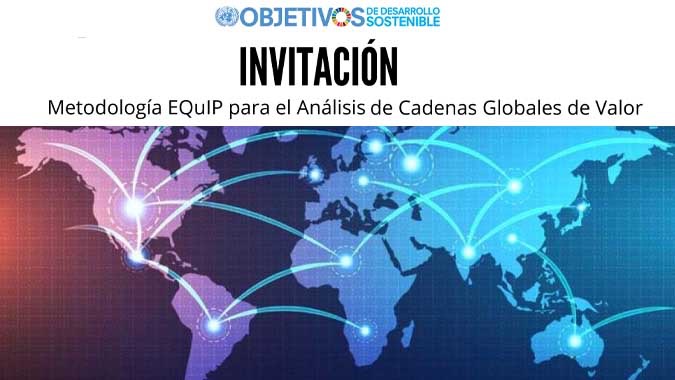ECLAC Studies Global Value Chains in Uruguay
Work area(s)
Topic(s)
The United Nations regional commission’s Office in Montevideo presented an analysis utilizing the multi-country Input-Output tables launched by ECLAC’s International Trade and Integration Division.

The Office of the Economic Commission for Latin America and the Caribbean (ECLAC) in Montevideo, Uruguay held an Introductory Course on the EQuIP Methodology for the Analysis of Global Value Chains on Wednesday, December 2, with the participation of national and international consultants from ECLAC and the United Nations Industrial Development Organization (UNIDO).
At the event, the Office presented an analysis of Uruguay’s position in Value Chains utilizing the Global Input-Output Tables launched by ECLAC’s International Trade Division, along with an analysis applying the new Economic Use classification established by the United Nations Conference on Trade and Development (UNCTAD) to original information on trade policy.
As a result, it can be seen that Uruguay’s participation is biased towards backward linkages in the region, but that over time it has achieved more participation in primary products that have forward linkages, while losing relevance as the final stage along chains. The goods most associated with participation in chains – intermediate industrial goods with a specific use – are inserted in global markets with low MFN tariffs or in highly protected regional markets, such as the Southern Common Market (MERCOSUR), and through rules of origin that are not particularly strict.
In addition, tax exemptions have been the preferred taxation policy for these types of goods, while direct support measures have not been able to maintain or attract the segments closest to final demand. This study offers preliminary evidence that the preferred policies vary a great deal depending on the type of participation in chains that is being targeted for stimulation.
In the framework of a joint project between ECLAC, the Office of the United Nations Resident Coordinator, and UNIDO, a deeper analysis will be carried out of Value Chains in three sectors with potential for upgrading in the chain: the biopharma sector, the forestry-timber sector and the chemical sector.
Type
Country(ies)
- Latin America and the Caribbean